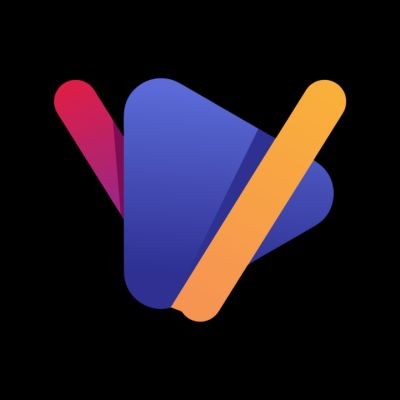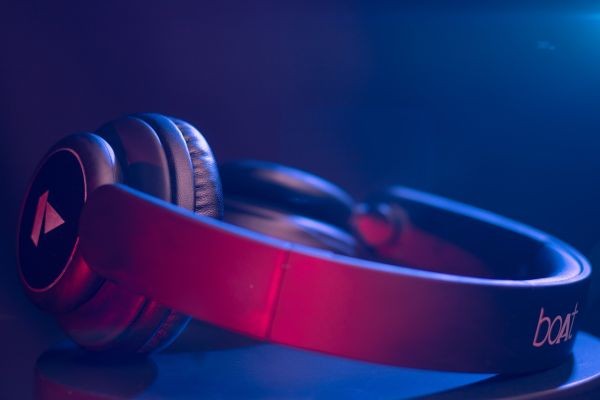Discover the Transformative Power of Music: Trends, Benefits, and Future Outlook
Introduction
Music has been an integral part of human culture for centuries, serving as a means of expression, communication, and connection. From ancient chants to modern digital hits, the music industry continually evolves, driven by technological advances and changing listener preferences. Whether you're an independent artist, a producer, or a music enthusiast, understanding current trends and future innovations can help you stay ahead in this dynamic world.
The Evolution of Music
The way we create and consume music has undergone revolutionary changes. The rise of digital streaming platforms like Spotify, Apple Music, and Amazon Music has transformed how audiences access content. Meanwhile, advancements in music production technology—including DAWs (Digital Audio Workstations) like Ableton Live and Logic Pro—have democratized music creation, allowing artists to produce professional-quality tracks from home studios.
Current Trends Shaping the Music Industry
1. Streaming Dominance and Personalized Playlists
Music streaming services continue to dominate, offering personalized playlist experiences powered by AI algorithms. These platforms analyze user preferences to recommend new artists and songs, enhancing user engagement.
2. Rise of Independent Artists
Thanks to affordable recording technology and social media, independent musicians can now reach global audiences without traditional record labels. Platforms like SoundCloud and Bandcamp empower artists to distribute their music directly.
3. Virtual Concerts and Live Streaming
The COVID-19 pandemic accelerated the adoption of virtual concerts and live streaming events, creating new revenue streams and fan engagement opportunities.
4. Music and Technology Integration
Innovations such as AI-generated music, blockchain for rights management, and VR concerts are pushing creative boundaries and redefining the music experience.
Benefits of Music
- Mental Health & Wellbeing: Listening to music can reduce stress, improve mood, and even aid in therapy.
- Cognitive Development: Music education enhances memory, attention, and problem-solving skills.
- Social Connection: Music fosters community and cultural identity, bridging gaps across diverse groups.
How to Get Started in Music
- Develop Your Skills: Use platforms like GarageBand or FL Studio to learn music production.
- Build Your Brand: Create profiles on Spotify for Artists and Apple Music to showcase your work.
- Engage with Fans: Use social media channels like Instagram, TikTok, and YouTube to connect with your audience.
- Collaborate and Network: Join online communities such as Reddit’s r/WeAreTheMusicMakers or attend music festivals like South by Southwest (SXSW).
Conclusion
The future of Music is vibrant and full of possibilities, driven by technological innovation and a globalized audience. By staying informed about industry trends and leveraging digital tools, artists and producers can carve out their unique space in this dynamic landscape.
Recommended Resources & Backlinks
- Explore Spotify for Artists to promote your music.
- Discover Ableton Live for music production.
- Learn about SoundCloud for independent music distribution.
- Attend festivals like SXSW for networking and inspiration.
- Stay updated with the latest industry news on Billboard.










نظری یافت نشد